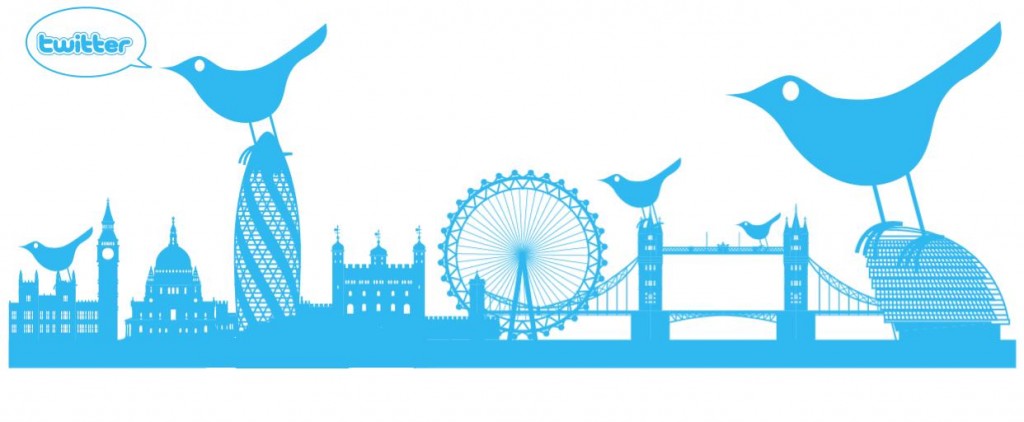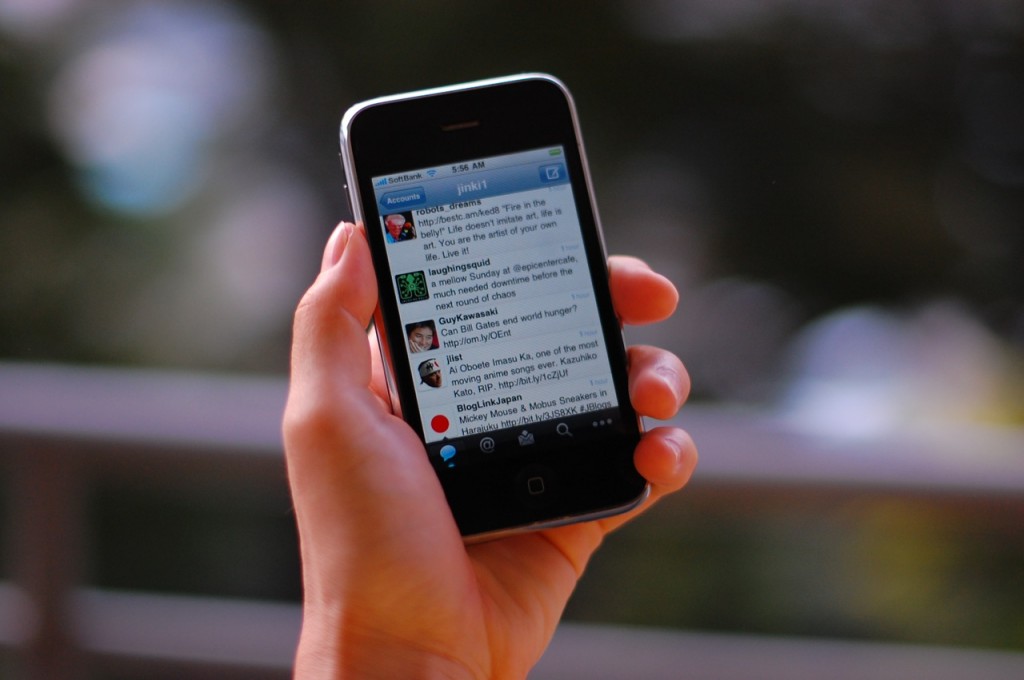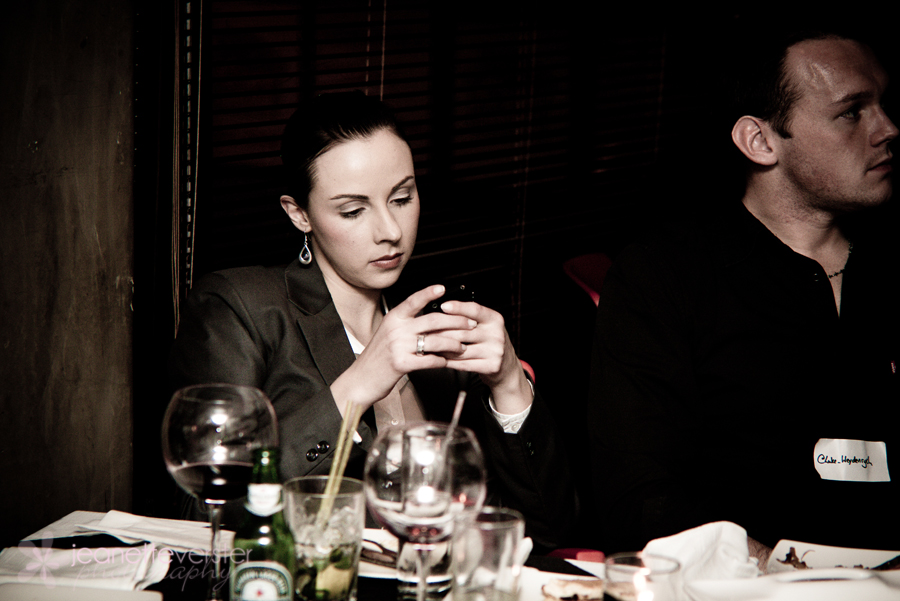People may experience strong urges for sex and sleep over the course of the day, but the urge to check Twitter and other social media sites is actually more difficult to resist, according to a new study scheduled for publication in the Journal of Psychological Science.
For the study, researchers gave BlackBerrys to 205 people between the ages of 18 and 85 in the German city of Wurtzburg and monitored them for seven consecutive days, according to the Guardian. Seven times per day, participants were asked to send a message describing the type and strength of urges they had experienced within the last 30 minutes.
Researchers evaluated al 10,588 responses and discovered they were more likely to give into the urge to check social media sites like Twitter, especially as willpower dwindled over the course of the day. In contrast to prevailing beliefs that people experience irresistibly strong desires for tobacco, alcohol and coffee, most participants reported feeling relative low urges for those substances, head researcher Wilhelm Hofmann told the Guardian.
“People were relatively successful at resisting sports inclinations, sexual urges, and spending impulses, which seems surprising given the salience in modern culture of disastrous failures to control sexual impulses and urges to spend money,” Hofmann added.
Schools might want to take that point into consideration when planning substance abuse curriculum, considering the number of young people signing up for Twitter, Facebook and other social networks. According to the Pew Internet & American Life project, 16 percent of young people ages 12 to 17 reporting using Twitter, up from 8 percent just two years before.
Among college students, social networking is such a huge part of daily life that people deprived of the Internet exhibit symptoms similar to drug withdrawal, researchers found last year in a study that asked college students around the world to go 24 hours without the web.
“Students talked about how scary it was, how addicted they were,” lead researcher Susan Moeller told the Telegraph. “They expected the frustration. But they didn’t expect to have the psychological effects, to be lonely, to be panicked, the anxiety, literally heart palpitations.”
Source: Huffington Post












